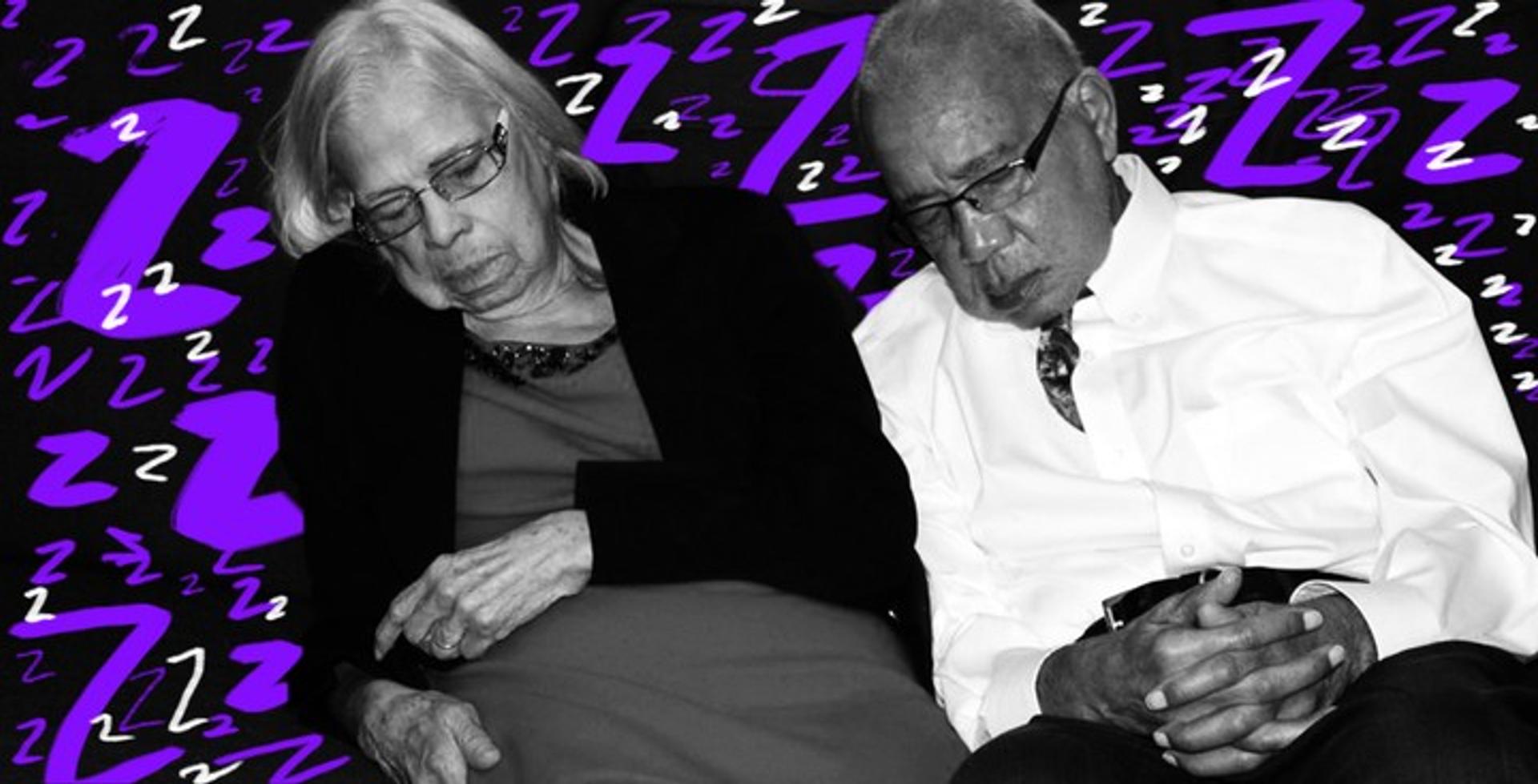Cool story bro. Make it shorter?

NEVERBLAND®
04.04.2017

New business meetings typically kick off with an exchange of creds. In seven years building tech we’ve listened to and recited a lot. At best they provide useful context, insight and an excuse to flash a bit of plumage. At worst, five unnecessary minutes of chest beating to endure before getting down to the project at hand. Real talk — we’ve been guilty of this ourselves in the past.
A couple of quotes to consider:
We’re not as bloody wonderful as we think we are
Warned my psychotherapist mother, referencing mans propensity to inflate his own importance. She was right of course. In business as in life it’s too easy to start believing your own hype (then inflict it on others).
Life is short, time is precious and people are mostly interested in themselves
Not mum’s this time but nonetheless a useful mantra to repeat to yourself while waiting for public transport, gargling mouthwash or removing lint from underneath the rubber flange of the washing machine drum.
Keeping introductions short and high contrast demonstrates confidence in your service and respect for your client’s time. More time to talk about their business. More time to listen.
That’s how we try to do things at digital product studio NEVERBLAND. New business meetings begin with a brief, energetic introduction and break down of the agenda, considerately constructed to reinforce our suitability. We’ll keep our story short because frankly, we’re more interested in yours.
In a line of work where relationships count for so much, success isn’t always about seismic shifts in thinking, but small correctives to a process or workflow that have the power to produce disproportionate results. Observations become optimisations become best practice.
The most persuasive communication, as with design, architecture and almost everything else in this life has much do with omission. Once you remove the padding from things, what remains is even more powerful. It’s no coincidence that ‘beauty in simplicity’ is one of our company values.
Spinning a interesting story might still be your fastest route to building emotional connection with your clients. Just remember to get to the point, and begin with the humble assumption that in reality we’re all probably not as bloody wonderful as we think we are.
Related articles

Reaching your Peak Potential
4 min read


